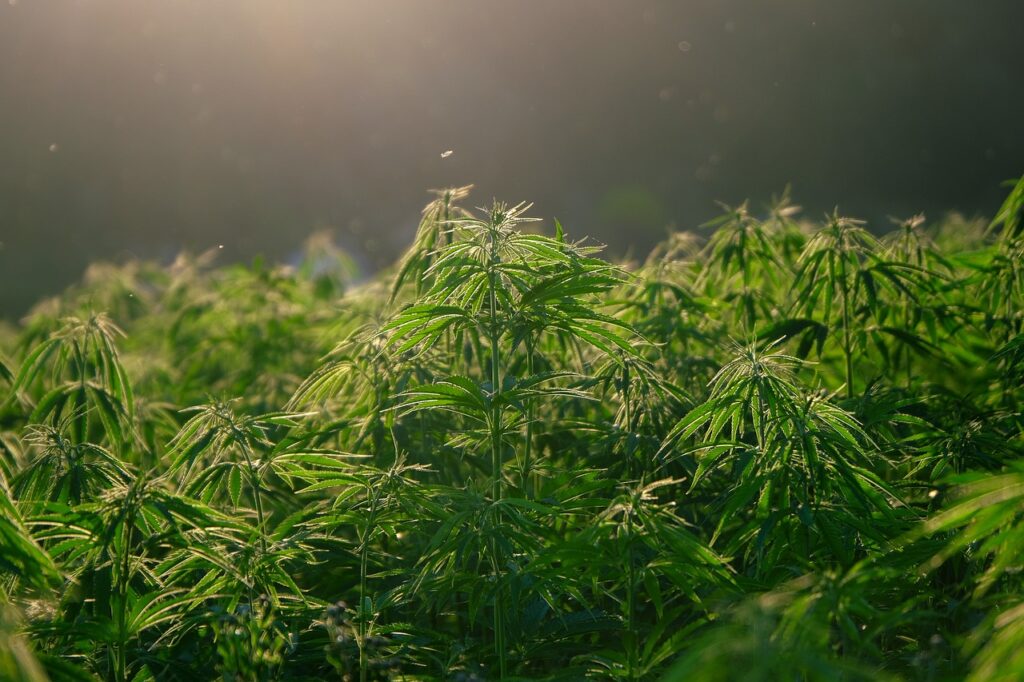Cannabis (commonly referred to as marijuana or weed) is an illicit substance with addictive qualities. It can be consumed via smoking, tea-brewing and food additives and can have numerous negative health impacts including poor sleep quality and mood disturbances.
Studies indicate that regular cannabis use that contains THC increases the risk of psychological dependency and addiction. There are treatments available, and medications can alleviate withdrawal symptoms like bad mood and insomnia.

What Are The Symptoms
Cannabis is a drug widely used both recreationally and medically, yet can also be highly addictive. Cannabis addiction causes changes to your brain that affect thinking, emotions and behavior – leading to problems in work relationships or health conditions. Some individuals are more prone than others to becoming dependent on cannabis – studies indicate that up to 3 in 10 cannabis users develop some sort of drug use disorder.
Signs of cannabis addiction include missing appointments, arriving late to work and forgetting things. You could also be using cannabis more often or in greater amounts than necessary; your mood might shift dramatically and often feel anxious or paranoid, your appearance might alter – with unruly hair, dirty body odor and unwashed clothes being among them.
Cannabis withdrawal symptoms typically arise when an individual stops smoking, and these may range from mild to severe and last up to two weeks. They include loss of appetite, disturbed sleeping patterns, anxiety depression irritability muscle tension.
Causes of Addiction
Cannabis (commonly referred to as “weed”) is a plant that produces THC, an addictive psychoactive chemical. This psychoactive compound can be consumed via smoking a cigarette or pipe, drinking tea with it or eating food products made with cannabis extracts. Consuming cannabis has both long-term and short-term impacts on both physical and mental health, depending on how often you partake.
Repeated cannabis consumption can quickly lead to addiction, creating a compulsive desire to use. This can have disastrous repercussions for relationships, finances and jobs in general.
Cannabis addicts frequently experience symptoms including irritability, anxiety and insomnia. They may also develop cravings or stop engaging in activities they once enjoyed in order to use cannabis more regularly.
High-potency marijuana containing higher concentrations of the psychoactive ingredient THC has been linked with more addiction and mental health issues than its lower potency counterparts, partly because young people use marijuana more frequently at higher potencies. As such, the American Psychiatric Association is considering changing its name from cannabis abuse disorder to substance use disorder as this would provide more accurate representation and reduce stigmatism.
Treatment for Addiction
Cannabis is a drug that acts on the reward system in the brain to produce feelings of relaxation and happiness (sometimes known as being “stoned”). It can be consumed via cigarettes, pipes or vaping as well as eaten in foods such as cakes. Furthermore, medical uses for cannabis such as alleviating pain may exist.
Cannabis’ calming sensation can be appealing and lead to them using it as self medication for mental health conditions such as anxiety or depression, or to cope with social or professional challenges that cause distress.
Individuals struggling with cannabis misuse will likely benefit from enrolling in an intensive treatment program to overcome their dependence. Therapies will typically include group and one-to-one psychotherapy to explore past events that contributed to their addiction, while developing coping mechanisms and building coping skills for future use. Medication that targets dopamine reward systems may also prove helpful in treating Cannabis Use Disorder (CUD).
Prevention is Always Prefered
Weed may appeal to individuals suffering from mental health conditions like depression and anxiety, who can use its soothing sensation as a form of self-medication.
Long term and frequent marijuana consumption may result in cannabis use disorder, triggering withdrawal symptoms that include irritability, sleep disruptions, nausea and cravings when they stop smoking.
Cognitive-behavioral therapy and contingency management have proven successful methods for helping individuals kick the marijuana habit. Contingency management rewards behaviors that foster abstinence – for instance, giving vouchers for food or movie tickets when people test negative on drug screens.
Prevention programs such as media campaigns and trainings for youth, parents, and community members can play an essential role in decreasing substance misuse. It’s crucial that parents discuss alcohol and other drugs with their children even before middle school begins – and make the time available for open dialogue about such matters.
